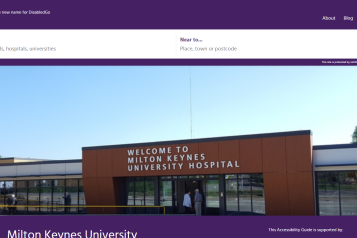Record NHS waiting times

The latest NHS data indicates that a record 7.75 million people are on waiting lists for specialist clinical care or surgery.
The number of people waiting for over a year has significantly increased, so has the total number of those waiting over 18 months (the NHS target was to get this to zero by April 2023 – increased to 8,998 from 7,289 people).
The NHS constitution sets a standard that 92 per cent of people waiting for elective (non-urgent) treatment, for example, cataract surgery or a knee replacement, should wait no longer than 18 weeks from their referral to their first treatment. The standard was last met in September 2015. Since then, performance declined steadily, until the COVID pandemic when it deteriorated rapidly.
Over the past four years, all specialities have seen a fall in performance, and none are currently meeting the standards set out. The largest single waiting list is for trauma and orthopaedics, which was more than 800,000 in March 2023. Ear, nose and throat had the highest proportion of waits of more than 18 weeks. The impact of long waiting times can mean patients living with pain for longer and the possibility of their condition deteriorating.*
The impact of waiting
Waiting times consistently rank as one of the public’s main concerns with the NHS. The pandemic caused elective waiting times, and the overall size of the waiting list, to grow substantially.
However, the NHS was already missing these key waiting time standards before the pandemic started.
Are you currently waiting for treatment or surgery? How is this affecting you? Have you received any support on managing your condition, or general health, whilst you wait?
Image: Alexander Grey, Unsplash


